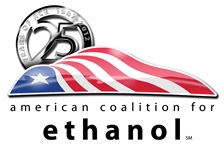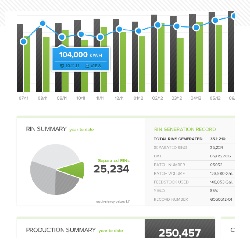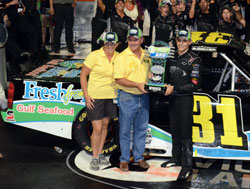DHL Express is adding 100 propane autogas vans into its fleet. The Ford E-250 cargo vans will be on the road by the end of August 2012 and were outfitted with ROUSH CleanTech liquid propane autogas fuel systems. The vans will be operating in California, Florida, Georgia, Missouri and Texas.
 “Customers in the U.S. and worldwide are increasingly demanding greener logistics and sustainable business procedures,” said Ian Clough, CEO of DHL Express U.S. “Initiatives like our all ‘green’ fleet in Manhattan and this propane autogas fleet not only lower our DHL carbon footprint, but are a smart, clean and cost-effective choice for our business.”
“Customers in the U.S. and worldwide are increasingly demanding greener logistics and sustainable business procedures,” said Ian Clough, CEO of DHL Express U.S. “Initiatives like our all ‘green’ fleet in Manhattan and this propane autogas fleet not only lower our DHL carbon footprint, but are a smart, clean and cost-effective choice for our business.”
“Greener” vehicles are not new to DHL Express. As part of its GOREEN program, they are currently operating propane vehicles in Ohio, Tennessee and Louisiana. The goal of the program is to improve the company’s worldwide carbon efficiency 30 percent by 2020 using 2007 emissions as its baseline. According to ROUSH, the use of propane autogas in each van saves nearly 22,587 pounds of CO2 emission each year.
DHL Express will both use current propane infrastructure as well as add additional infrastructure to meet its needs. ROUSH says that the infrastructure for propane autogas is less expensive than any other alternative fuel, and propane autogas has the largest alternative public refueling infrastructure.












